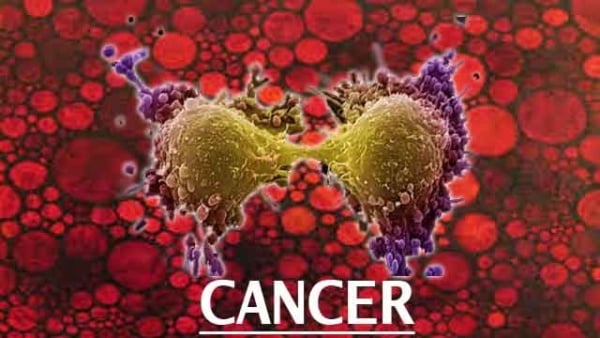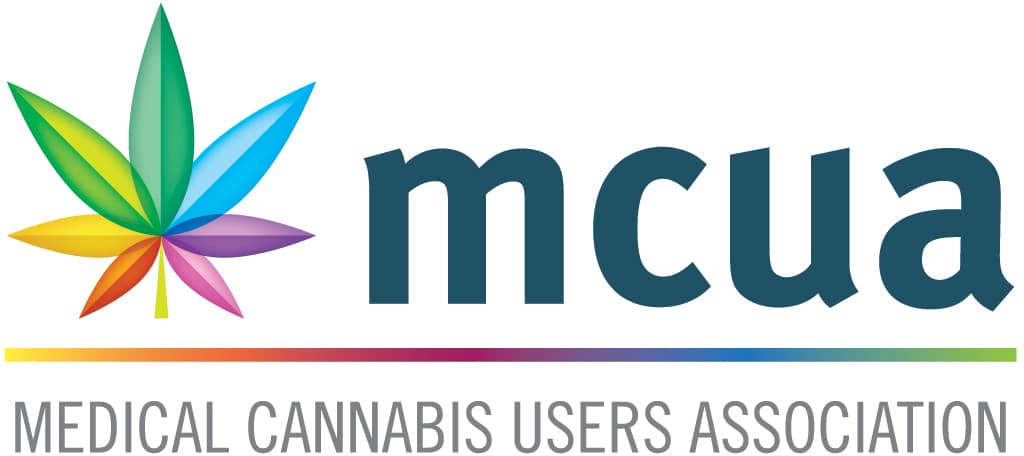
IT HAS BEEN FOUND THAT, THC IS THE INGREDIENT IN CANNABIS RESPONSIBLE FOR ITS PAIN-RELIEVING EFFECTS.
Studies show that THC activates the pathways in the central nervous system, which work to block pain signals from being sent to the brain. Cannabis has been shown to be especially effective against neuropathic pain, or nerve-related pain. Post-traumatic stress disorder (PTSD) is another condition, shown effective with medical cannabis. The high from THC is also associated with temporary impairments of memory. While this may be seen as a drawback for some cannabis users, impaired memory is often therapeutic for those who struggle to , such as patients who suffer from PTSD. Recent studies confirm that oral doses of THC can help relieve a variety of PTSD-related symptoms including flashbacks, agitation and nightmares.
THC has been available in pill form for treating nausea and vomiting in cancer patients since the 1980s. Marinol, a pill containing synthetic THC, was the first THC-based medication to be approved by the FDA for this purpose. Since then, other THC pills have been developed and prescribed to patients undergoing chemotherapy. THC and its ability to reduce nausea, is known to work as a powerful appetite stimulant in both healthy and sick individuals. A number of studies conducted with Marinol ( a synthetic THC) suggest that THC can also stimulate weight gain in patients with anorexia. Treating asthma may not seem like an obvious use for medical cannabis. But, THC’s ability to improve breathing in asthmatics is supported by RESEARCH dating back to the 1970s. More RESEARCH. Following trials that showed smoking cannabis could help calm asthma attacks, scientists tried (and failed) to develop an inhaler that could deliver THC. While the THC inhaler idea was ultimately abandoned, some say modern-day vaporizers might be the solution. Read more Another benefit of THC recognized early on was its potential to relieve eye pressure in patients with glaucoma. Likewise, after studies in the 1970s showed that smoking marijuana could reduce symptoms in glaucoma sufferers, scientists tried (and failed again) to develop a way to administer THC in eye drops. The idea proved too complicated due to the fact that THC is not soluble in water. While some glaucoma patients rely on medical marijuana to this day, The American Glaucoma Society maintains the position that its effects are too short-lived (lasting 3-4 hours) to be considered a viable treatment option. Many are aware of the sleep-inducing effect of marijuana, and research shows that THC is largely responsible. In fact, trials conducted in the 1970s found that oral doses of THC helped both healthy individuals and insomniacs fall asleep faster. Interestingly, more recent studies suggest THC may also improve nighttime breathing and reduce sleep interruptions in those who suffer from a common disorder known as sleep apnea. Researchers are currently working to develop a THC-based medicine for treating the condition.
